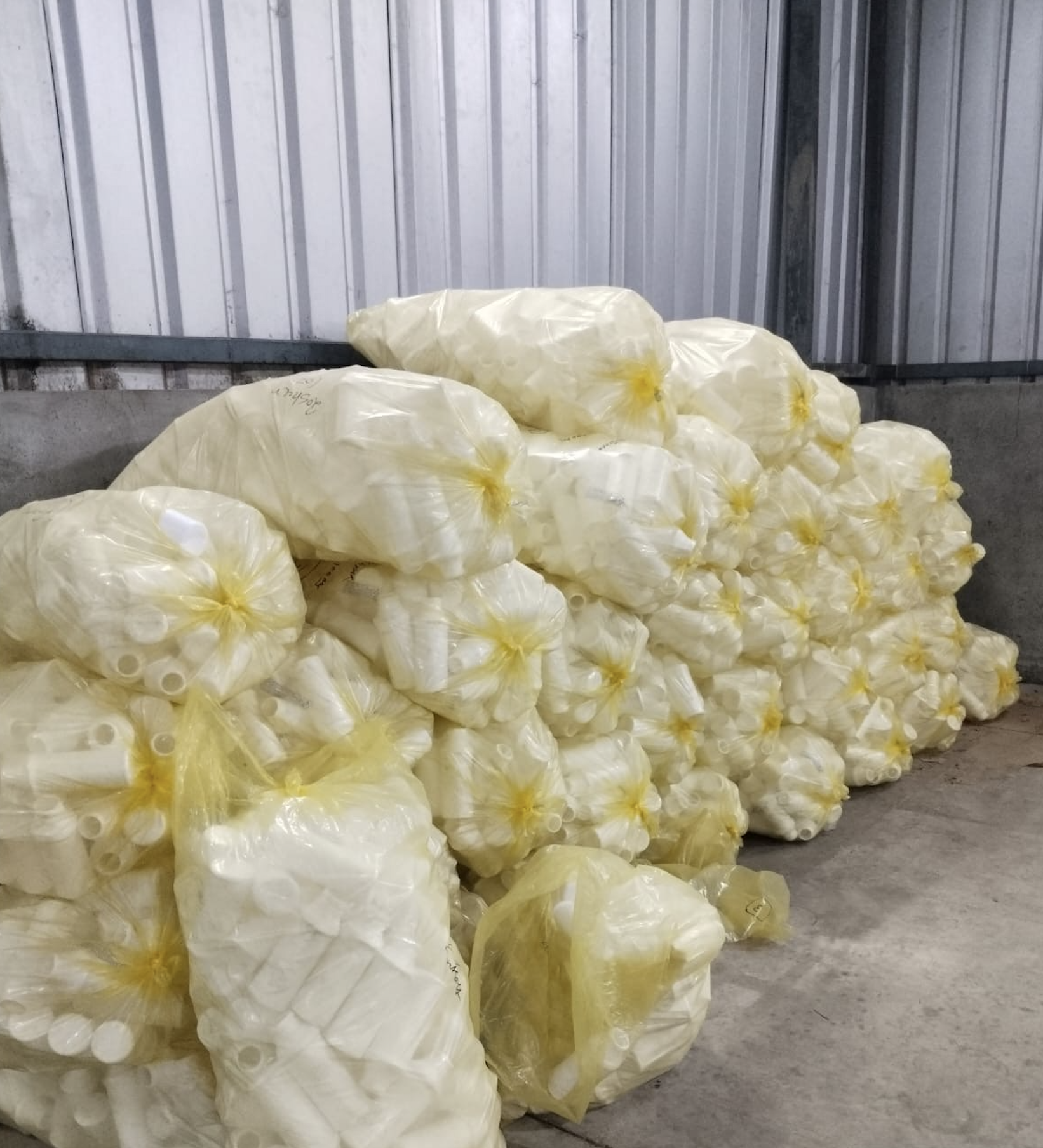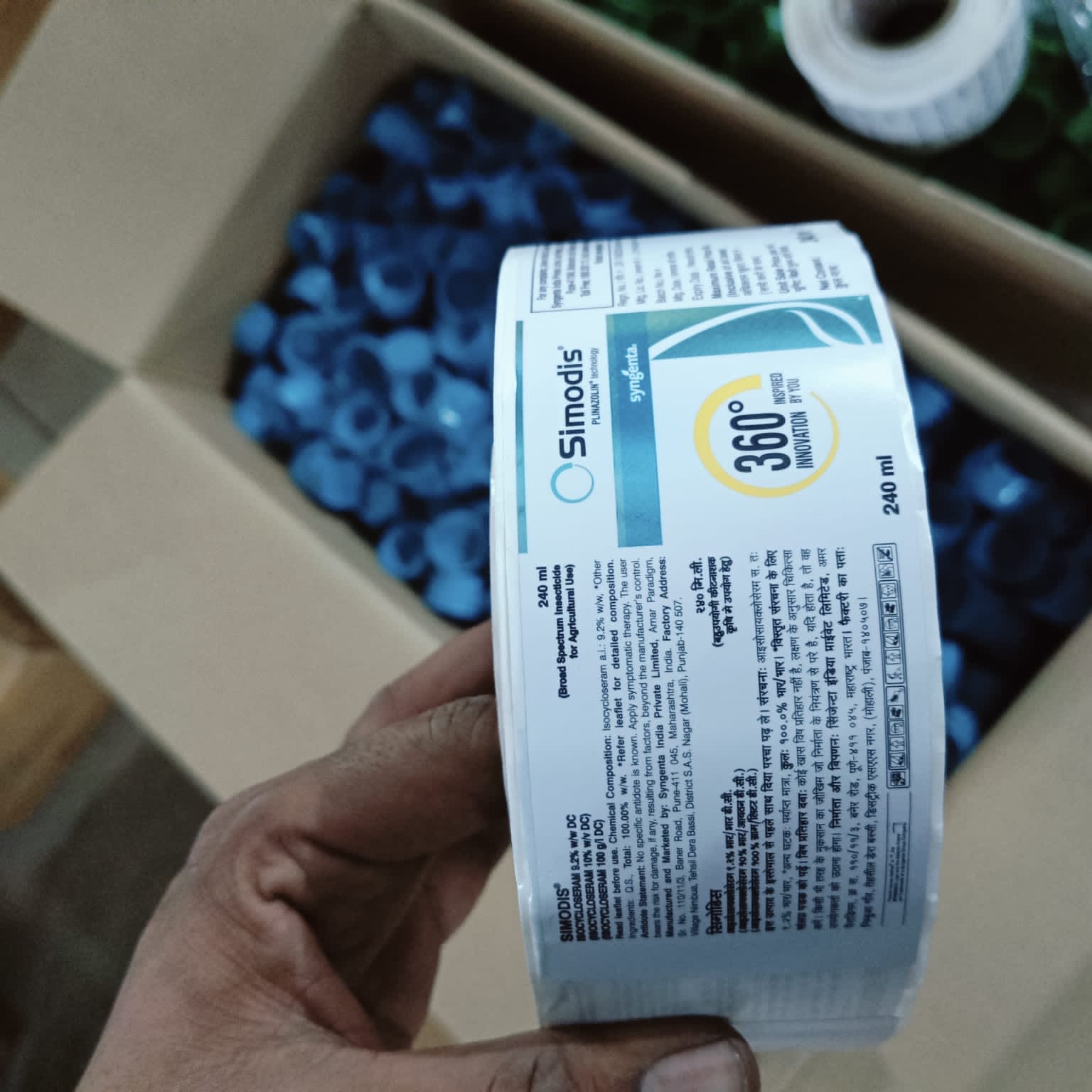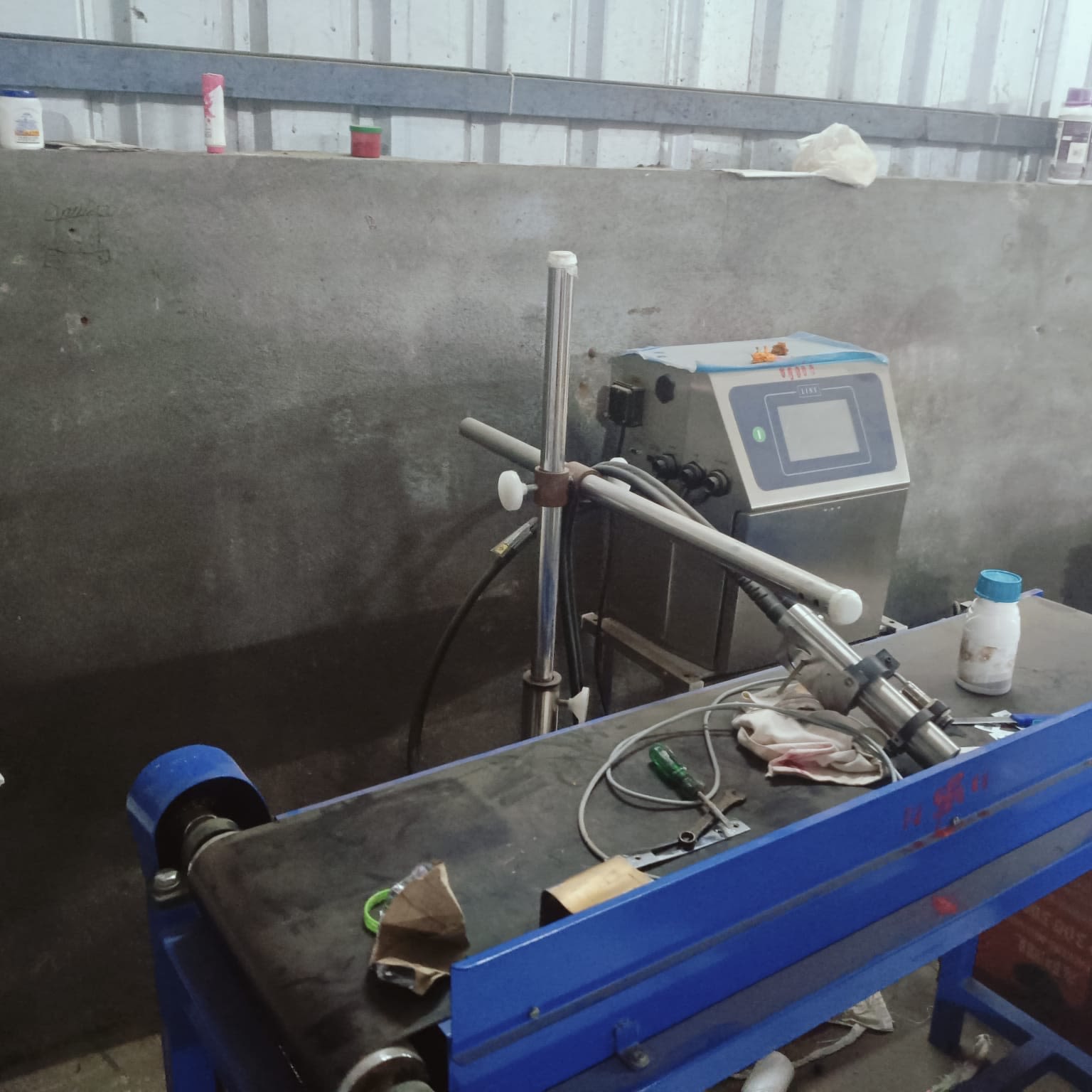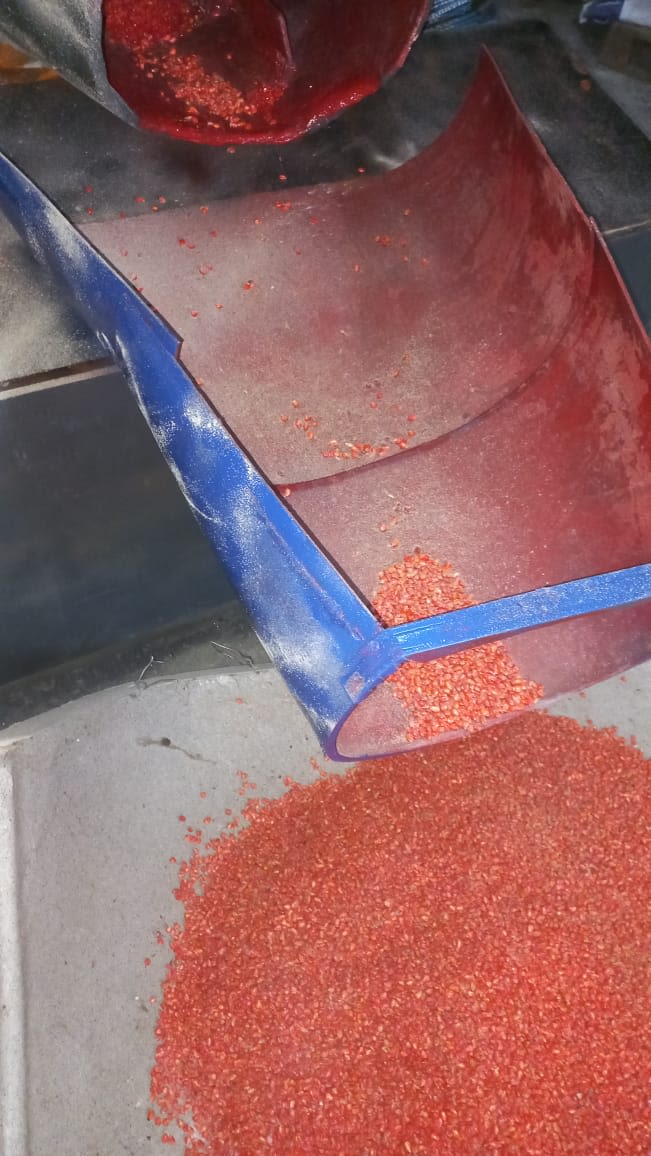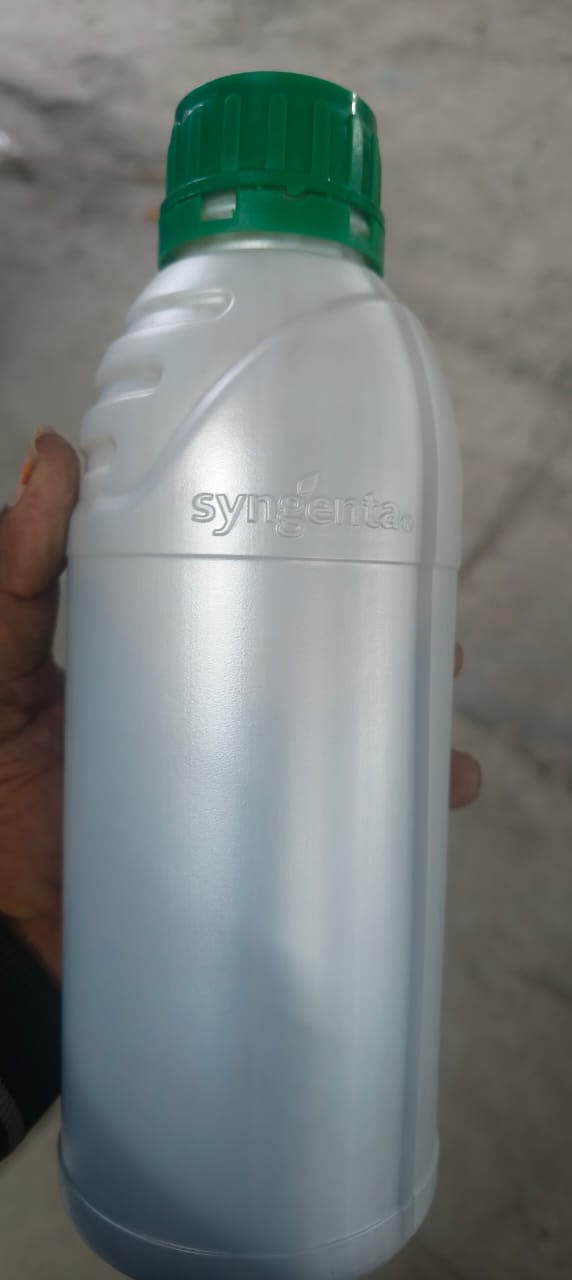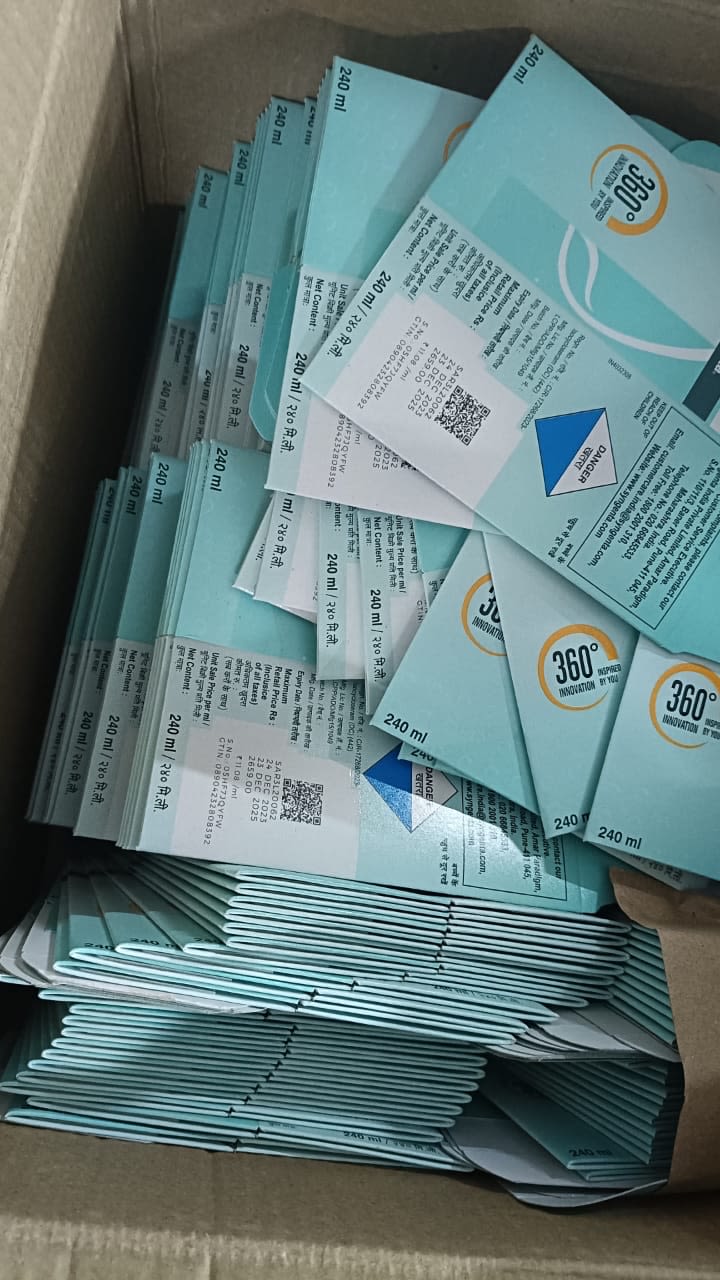Fake goods, real harm
Inside the underground trade of counterfeit agricultural products
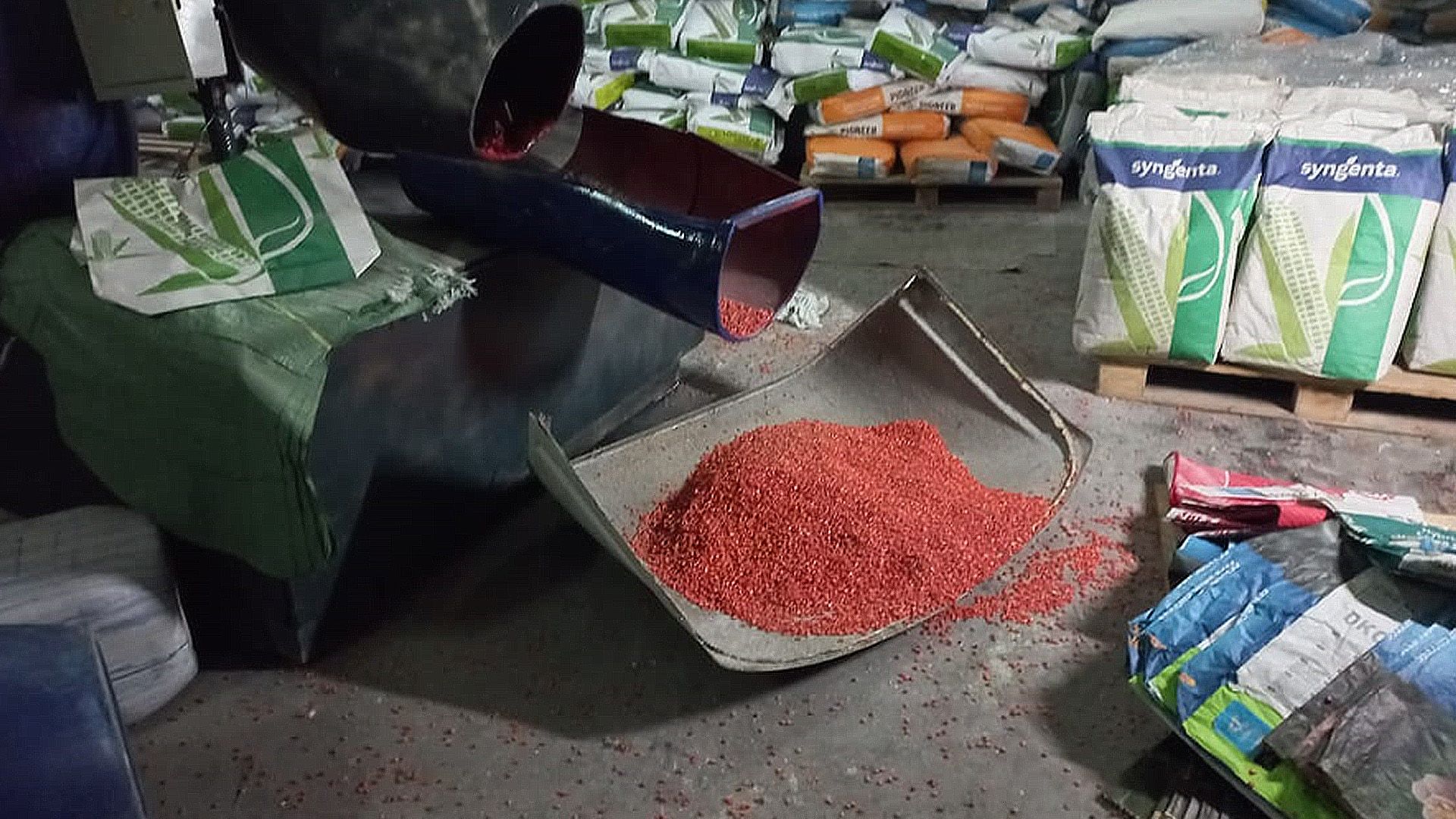
As 2024 drew to a close, authorities raided a nondescript building in an industrial area of Nashik, western India.
Acting on a tip from someone arrested for selling counterfeit crop production products, officials discovered a hoard of fake goods.
Alongside bottles of illicit products, they found loose chemicals, bottles, labels, caps, leaflets, and other material.
On that day, more than 17 tons of counterfeit products were seized - an amount that pointed to well-oiled criminal activity on a huge scale.
Seized:
Meanwhile, the raid triggered legal proceedings against those responsible for an illegal production chain hidden in plain sight in an Indian city.
This successful operation is just one example of Syngenta’s corporate security team’s achievements and their work alongside local and international government authorities to track down and stamp out illicit products.
Laurent Giezendanner, Head of Corporate Security at Syngenta, says these efforts are essential to ensure that growers can grow reliable yields without harming their crops.
Laurent Giezendanner, Head of Corporate Security at Syngenta.
Laurent Giezendanner, Head of Corporate Security at Syngenta.
“I’m proud of the efforts of our dedicated teams who work every day to keep people safe from the harm caused by counterfeit material, including seeds and crop protection products. The work is constant, but so important.”
Selling false hope
Counterfeit agricultural products, such as fake vegetable seeds purporting to be from Syngenta, and imitation crop protection products that look like the real deal, can threaten livelihoods of growers and their contributions to food security.
It’s no accident that farmers planting Syngenta seeds produce abundant crops that tolerate the pressures of pests and diseases. Years of dedicated research and development have laid the groundwork for growers seeking reliable and healthy yields.
Counterfeit seeds open the door for yield-robbing pests and diseases that lead to lower-quality crops and less harvestable yield.
The scale of the problem is enormous and, by its nature, tricky to measure. The World Bank estimates that counterfeit seeds are a significant factor in crop yields that average less than one-fifth of the potential for maize, and less than one-third for rice in sub-Saharan Africa.
In Uganda alone, officials estimate that up to 40 percent of the seeds in circulation are counterfeit and more than three-quarters of all seeds planted are of questionable quality. These estimates rely on detailed purity tests of the seeds themselves, which can be costly and time-consuming.
And growers searching for crop protection products that further support their plants against pests and diseases do so in the face of targeted sales of counterfeit products. Selling unregulated and potentially dangerous pesticides has become a lucrative business for criminals.
The OECD (Organisation for Economic Co-operation and Development) estimates the global revenues associated with the trade of illegal pesticides at $6 to $10 billion annually. These are massive figures.
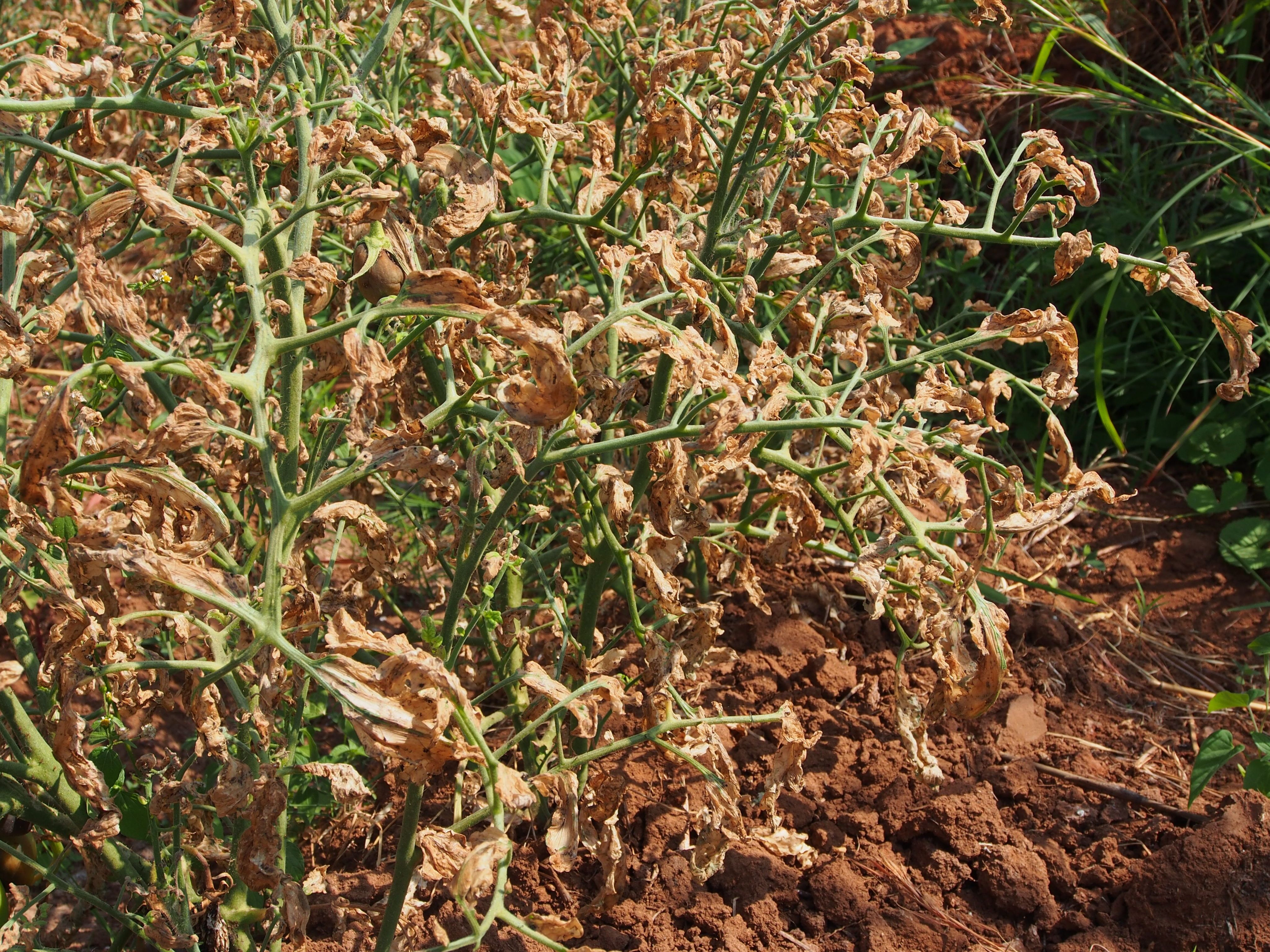
Conquering counterfeit products
Farmers around the world rely on the food they grow to protect their livelihoods while feeding their families and communities.
So, anything that puts the quality of their crops at risk has the potential to alter the lives of millions of people.
That’s why Syngenta leverages the power of its own AI tools to detect counterfeit offers online and works closely with national and international law enforcement bodies to track down criminal networks and hold them accountable.
Giezendanner says that only by taking a multipronged approach can the illicit supply chains of fake products be stopped in their tracks.
“By working together and cutting off the manufacture and supply of counterfeit products before they can harm growers, we can give farmers the confidence to grow healthy crops to feed their communities.”
